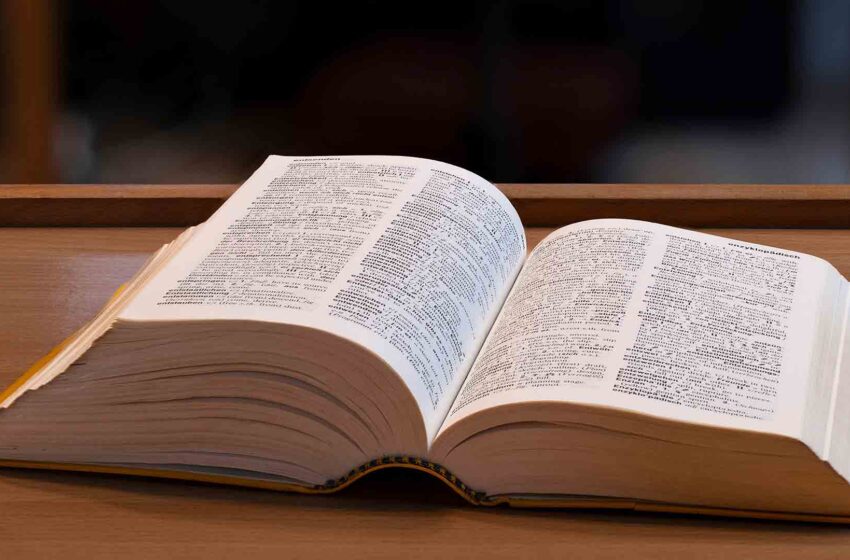Skibidi, Delulu and Tradwife: Why Cambridge dictionary added these viral words

Gen Z slang “skibidi,” “delulu,” “tradwife” now in Cambridge Dictionary. Photo: Shutterstock
In a reflection of language evolving at breakneck speed, the Cambridge Dictionary has added over 6,000 new words, including viral internet slang like skibidi, delulu, and tradwife to its online lexicon. This major update illustrates how digital culture continues to shape modern English.
What Are These New Words & Why Do They Matter?
Skibidi: The Nonsensical yet Catchy Slang
Originating from a surreal YouTube series called Skibidi Toilet, “skibidi” is described as a gibberish word that can mean “cool,” “bad,” or simply serve as humorous filler without inherent meaning. Its inclusion reflects usage patterns within meme-driven online communities.
Delulu: A Playful Take on Delusional
“Delulu”, short for “delusional,” is used to describe someone insisting on beliefs that defy reality, often humorously or self-deprecatingly. Notably, Australian PM Anthony Albanese even used it in parliament, saying someone was “delulu with no solulu.”
Tradwife: Traditional Homemaker Reimagined
A contraction of “traditional wife,” “tradwife” refers to women who embrace domestic roles, cooking, cleaning, caregiving, and often share this lifestyle on social media. The term sparks debate, with some praising it as empowerment and others critiquing it as regressive.
READ ALSO
Halima Layeni Launches New Book, Dear Man, Championing Men’s Mental Health and Emotional Healing
Beyond Slang: Broader Cultural Shifts in Language
The update also reflects pandemic-driven vocabulary, terms like “mouse jiggler” (a tool to simulate computer activity to appear working) and “work spouse” made the list, showing how our shifting work environments influence language.
From “forever chemical” (long-lasting pollutants) to “broligarchy” (tech elite with political power), the new entries span social, environmental, and political themes, highlighting how dictionaries capture society’s pressing issues.
Language Evolves with Culture, and Memes
Cambridge’s Lexical Program Manager, Colin McIntosh, emphasizes that only words demonstrating staying power make it into the dictionary. He notes that while social media accelerates slang creation, editors still apply rigorous criteria before formalizing entries.
Public reaction has been mixed: some celebrate linguistic evolution; others lament “English is no longer a language, it’s a TikTok comment section.”
What This Dictionary Update Means
- Language as a living entity: English continues to grow with cultural trends, memes, and social shifts.
- Mainstream recognition for niche slang: Words once confined to TikTok threads now appear in formal references.
- Cultural validation or concern: For some, these entries affirm evolving expression; for others, they raise worries about linguistic dilution.

